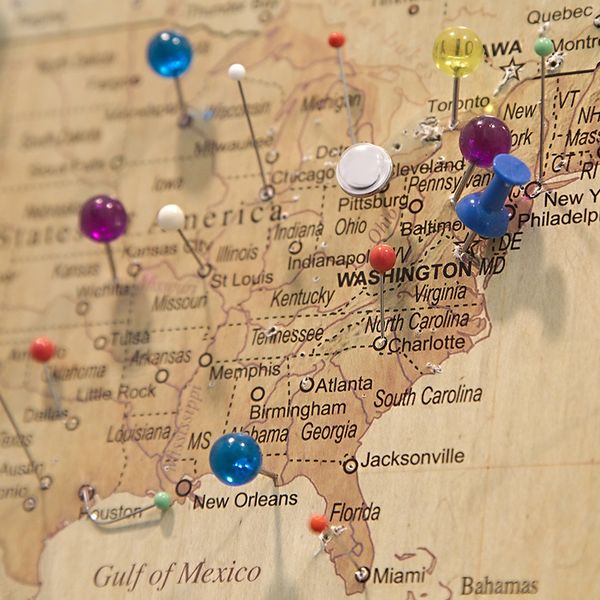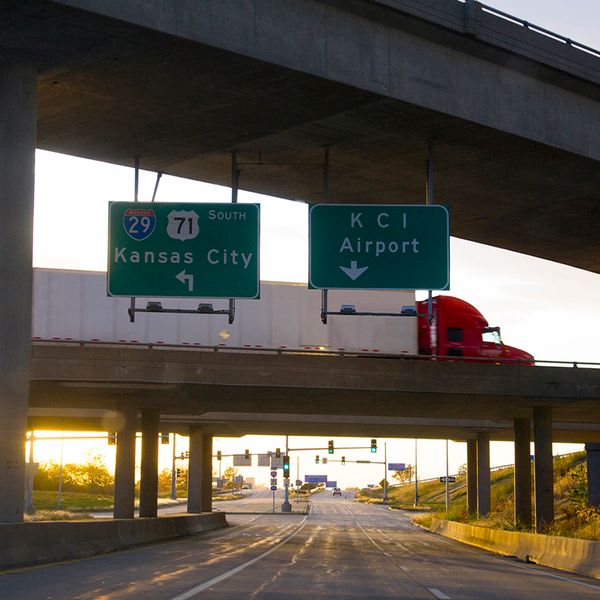Intrastate carriers: UCR is not for you
Getting a trucking operation up and running is complicated enough. Trying to discern which requirements may not apply to your operation can make it even more confusing. One example: Unified Carrier Registration (UCR).
Receiving your USDOT number usually means it’s time to register and pay under UCR (Unified Carrier Registration), but not always.
Apart from federal regulations, some states require their intrastate commercial motor vehicle registrants to apply for and receive a USDOT number. This may be where the confusion begins.
Receiving a USDOT number triggers UCR
The first step to becoming an interstate motor carrier is to apply for and receive a USDOT number. Once this occurs the following actions (among others) begin:
- The system sends the New Entrant a UCR registration notice, and
- The motor carrier is immediately subject to enforcement of the UCR.
However, these notifications and requirements may not apply when the carrier is an intrastate carrier receiving their USDOT number under a state requirement.
Who must comply under UCR?
The following entities engaged in interstate commerce are subject to annual registration under UCR:
- Private property carriers;
- For-hire passenger, property, and exempt commodity carriers;
- Freight forwarders;
- Leasing companies; and
- Brokers.
Understanding the meaning of “interstate commerce” is critical. It distinguishes those businesses that are subject to UCR from those that are not.
| Find out more about the different requirements for interstate and intrastate carriers. |
The meaning of “interstate commerce”
Under UCR, the definition of “interstate” or “interstate commerce” is broad and follows the definitions developed by the U.S. DOT.
In general, interstate or interstate commerce refers to the movement of goods or passengers across state lines or across the borders of the United States. This includes:
- All movements of goods or passengers across state or national boundaries, but also
- Any movement entirely within a state when that movement is the beginning or continuation of a movement across a state or national border.
For instance, nearly all intermodal drayage movements by truck are interstate in nature, even though the truck portion of those movements may not cross any state line.
Performing any interstate movement makes a motor carrier, freight forwarder, or broker involved in it subject to the authority of the U.S. DOT and – generally – subject to UCR requirements as well.
For purposes of the UCR, movements that are wholly within one state and that are not interstate are intrastate. Purely intrastate carriers, that is, those that do not handle interstate freight or make interstate movements, are not subject to UCR fees (unless the state has elected to apply the provisions of the UCR Agreement to those intrastate carriers).
Indicators of interstate activity
UCR administrators may compare carrier reports with activities under other programs that reveal interstate activity, including:
- Your MCS-150,
- Roadside inspections,
- Crash history,
- Federal operating authority, and
- Active International Registration Agreement (IRP) accounts.
If any of these indicate interstate activities, it’s likely your operation qualifies under UCR.
Key to remember: Intrastate-only carriers with USDOT numbers required under state programs may not be subject to UCR requirements. Compare your operations with the definition of “interstate commerce” to decide if you’re covered.























































